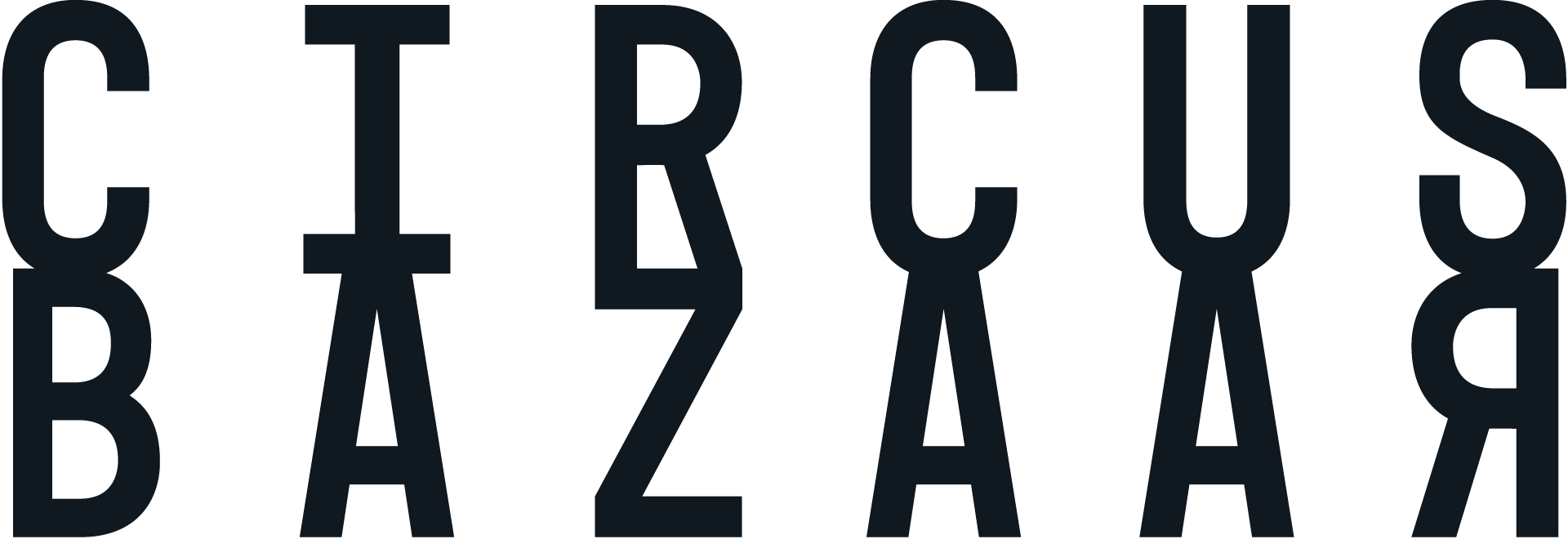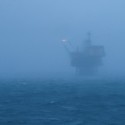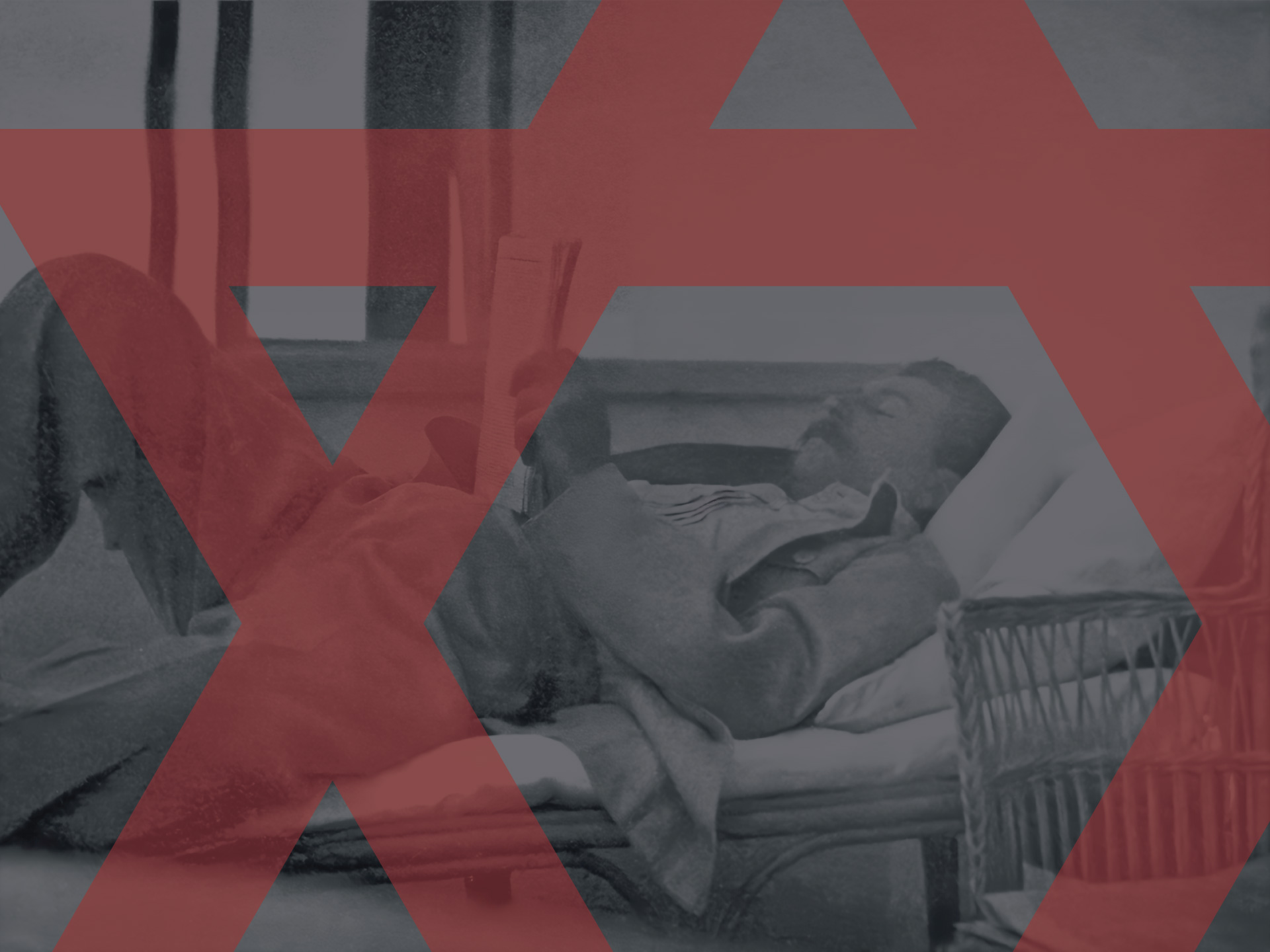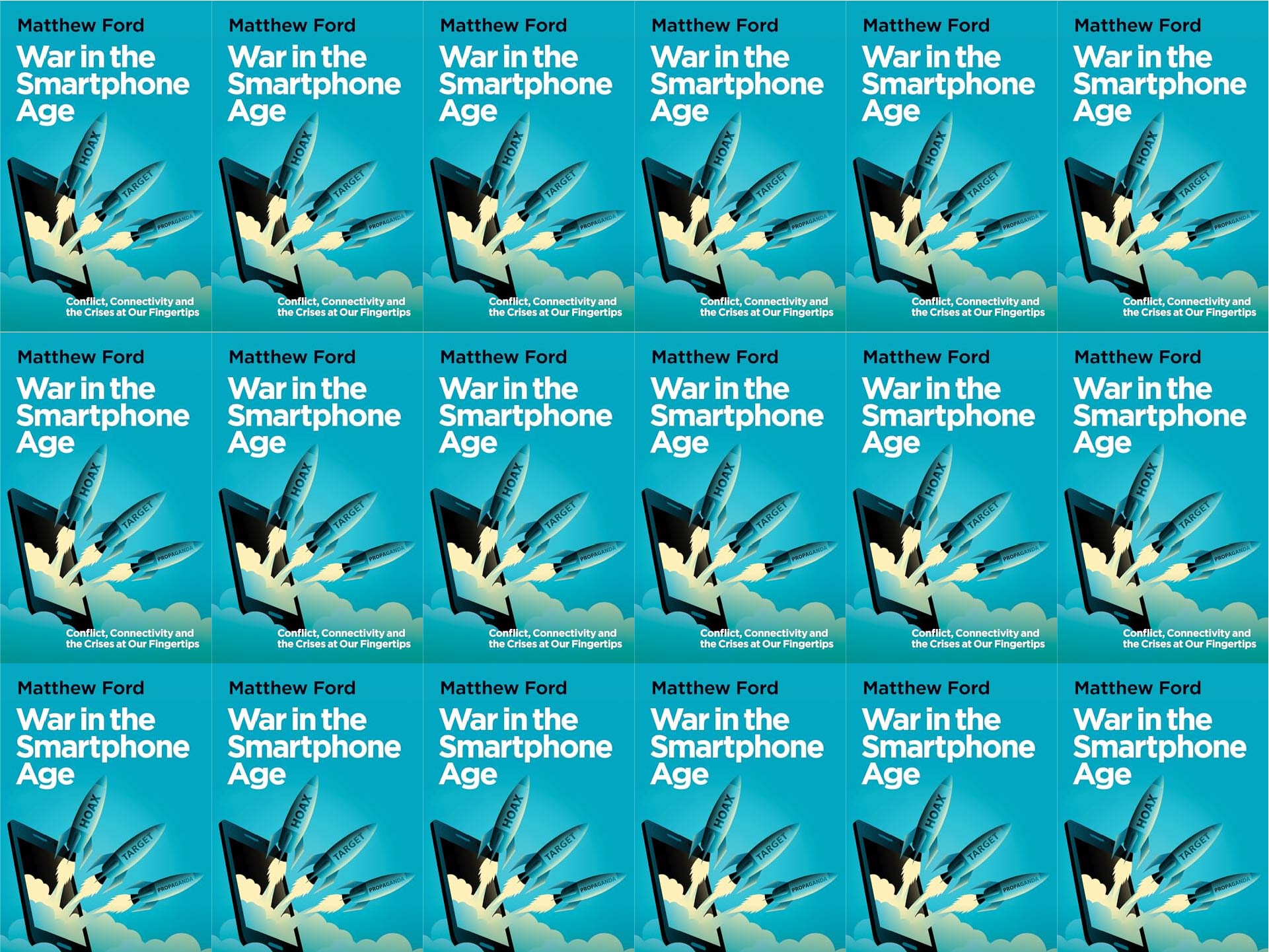[dropcap size=big]S[/dropcap]apere Aude, for Kant, is a concept that defines the courage of citizens who engage into public discourse so as to improve governance, for the good of both people and state. Kant encourages the state leader to enhance people’s critical judgment, thus bring the society to enlightenment. Hence, critical analysis about state management of public funds is not to be perceived as an attack against a country or its population, rather the opposite. In the world of modern and pluralist democracies, questions about the management of state funds are welcomed and debated in the mainstream media. By its behavior, the media itself constitutes a level-test of a nations political enlightenment. Is Journalism the “guard-dog” of a democracy, or does it quench disturbing questions to protect the establishment and its elites? When the sun shines, isn’t also its role to question about approaching black clouds?
My quest about the Norwegian socio-economic landscape was initiated by my contribution to the public debate in Israel and related to the creation and use of a new “Gas Fund”. Ironically, my basic assumption actually perceived the Norwegian model as a positive reference, until my research led me to discover its flaws. Although the “Jerusalem Post” article was translated and published by the Dagen, I felt it my duty as a Political scientist to offer the Norwegian people, via its mainstream and online media, an analysis exclusively focused on Norway. Unfortunately, despite some consideration by local mainstream media, various pretexts were invoked not to publish the piece; in this period of the 2013 electoral campaign, parts of my economic analysis were maybe getting to close to those of the Progress Party. Feeling “blocked” in Norway, I was grateful to the Washington Times that it accepted to bring my message to the Norwegian people.

My analysis is axed around two parts. The second part, on which I will not focus today, deals with the risks of speculation related to the foreign investments of the Oil Fund, analyzed by some brilliant economists as unstable and dangerous; the dependence of the economy on the oil industry, and the exposure to a drop in oil demand; the decline of the traditional industries, their competitiveness and state protectionism. But it is the first part of this article, which has mainly created opposition waves, with the mention of a taboo-topic.
The Foreign Debt factor in my analysis is of primordial importance. Without changing the essence of the discourse – but adjusting my figures from August to December 2013 – I claim that the fund value being US$825 billion, and Norway’s external debt US$ 719 billion, it leaves only a difference of US$ 106 billion available for the future. The Central Bank buzz about Norway being a creditor state is providing a false sense of security to the people and demands more transparency. More specifically, the public (non-oil Fund) assets’ current value is not relevant to Norwegians in time of crisis. For example, if a real-estate bubble-crisis was to occur, with the citizens unable to pay back their loans, would the Ministry of Finance guarantee the private and toxic loans with public assets? Can the government compensate the 4,500 bankruptcies of 2013 by selling public assets? Of course, not! Even in the improbable scenario of having public assets as a guarantee against the loss of individuals or private business, the current price of those assets would be significantly devaluated in time of crisis. To illustrate the irrelevance of public assets in time of crisis, look at Greece’s difficulty to sell – at a reasonable price – their abundant public assets. Even when they can get some funds against specific assets, it does not benefit the simple citizens. In other words, in time of crisis, “public assets” cannot be assessed with their pre-crisis value, and certainly are not of any use to the “public”.
Unfair, you will say, as I use public assets sales, including real-estate, in a scenario of real-estate bubble-crisis. OK, then, let’s go to my original article and project the effects of a decrease in the demand for oil, leading the Brent barrel price value to US$80, for instance. The GDP, concentrated on oil industries, will collapse, and due to a high level of public sector spending, the public debt to GDP, today at the impressive ratio of 30%, will significantly increase. Which public assets would the Ministry of Finance sell to avoid a spiralling of the public debt, leading to an increase of the foreign debt itself? Again here, even if some assets might be sold, it would be at a devaluated price from its current value.
More questions should be asked by the nation to its administration about the Oil Fund or as it is called in Norway the “Government Pension Fund” management and the foreign debt. For instance, how much percent of the Oil Fund is used as a security for both loans taken and provided abroad, and aren’t they building a pyramidal edifice like the “Icelandic model” which brought Iceland to its knees in 2008, with repercussions felt far beyond its borders? What about the real public debt and its projected evolution in the semi-mixed economic Norwegian model? What about the conflicts of interest due to the engagement of governmental ministers with public corporations or private industries? Last, but not least, what about the recent IMF reports requiring a recapitalization of the banks, and its decision to place the Norwegian financial market under “surveillance”?
The New Government inherited the current economic situation after years of a management, partly reminding, in my eyes, the successive policies of the Greek administrations which had been selling virtual sweets to their people till the country finally collapsed into the rift of the Great Crisis. We are all aware of the dramatic situation imposed to the Greek people after years of over-confident statements and endemic statistical methodologies. The newly-elected Norwegian administration should generate and encourage a culture of debate, as the quicker we can identify problematic issues, the more efficiently we can treat them – with minimum pain to the nation. Decreasing the probability of a dark scenario to occur is still technically relatively easy, with the obvious priority to prevent both inflation and unemployment. Politically speaking, it also makes sense for the Conservative and the Progress Parties to explain clearly the socio-economic and financial situation of the country, which they redeemed from the previous governments. They might have to “operate and cure”, but this doesn’t make them responsible for the sickness inherited from their predecessors.
The Lack Of Political Courage to debate those issues would be, for me, almost more problematic than the projected scenario of a pessimistic macro-economic analysis itself. Brilliant economists keep being rebutted by Norway: Nobel Prize lareate Paul Krugman on the risk of a real estate bubble, Professor Michael Hudson on the potential for Oil Fund loses and Sony Kapoor on the funds management… Playing the ostrich doesn’t chase the problems; state promises that US$ 825 billion are kept in the Oil Fund for the future generations is untrue. Njord’s treasure net value is around US$ 106 billion– today.
SAPERE AUDE Prime Minister! In your power to bring the people, the media and the youth transparency against the system opacity, brightness against anesthetic fog. To remedy and act for the country they love, the Norwegians need to question, debate and criticize. Without fear. With freedom.






